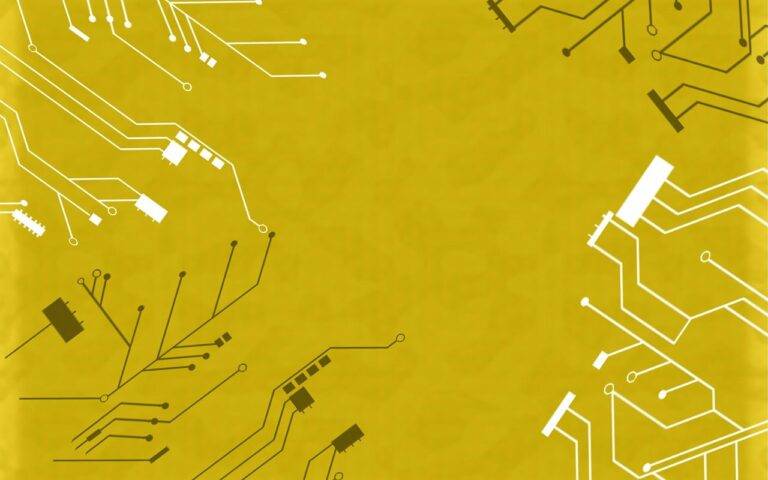The Role of Quantum Computing in Optimization of Energy Grids
Quantum computing is a cutting-edge field that harnesses the principles of quantum mechanics to revolutionize information processing. Traditional computers use bits to represent information as either 0s or 1s, while quantum computers use quantum bits or qubits that can exist in multiple states simultaneously. This allows quantum computers to perform complex calculations much faster than classical computers, making them ideal for tackling challenges in encryption, drug discovery, and optimization problems.
One of the key concepts in quantum computing is superposition, where qubits can be in a state of 0, 1, or any combination of both states at the same time. This property enables quantum computers to explore multiple solutions to a problem simultaneously, leading to exponential speedups in computational tasks. Additionally, entanglement plays a crucial role in quantum computing by linking the states of qubits regardless of the distance between them, allowing for faster communication and increased computational power.
Energy Grids and Optimization
Quantum computing has shown promising potential in revolutionizing energy grid optimization. With its ability to perform complex calculations at a much faster rate than traditional computers, quantum algorithms can help in identifying optimal energy distribution patterns and improving grid efficiency. By leveraging quantum computing technology, energy grid operators can efficiently address challenges such as load balancing, renewable energy integration, and predictive maintenance.
Moreover, quantum computing enables the exploration of various scenarios and outcomes simultaneously, allowing for more accurate forecasting and decision-making in energy grid management. This innovative approach can lead to significant cost savings, reduced environmental impact, and enhanced overall performance of energy grids. As quantum computing continues to advance, its application in energy grid optimization is poised to drive substantial advancements in the energy sector, paving the way for a more sustainable and efficient energy infrastructure.
• Quantum computing can revolutionize energy grid optimization
• Quantum algorithms can identify optimal energy distribution patterns
• Quantum computing technology can address challenges such as load balancing and renewable energy integration
• Quantum computing allows for exploration of various scenarios simultaneously
• More accurate forecasting and decision-making in energy grid management possible with quantum computing
• Significant cost savings, reduced environmental impact, and enhanced overall performance of energy grids possible with quantum computing
• Application of quantum computing in energy grid optimization poised to drive substantial advancements in the energy sector
Challenges in Energy Grid Optimization
Energy grid optimization poses several challenges that must be addressed to improve efficiency and reliability. One key challenge is the integration of renewable energy sources into the grid. As more renewable sources are added, managing the variability of these sources becomes increasingly complex. This requires advanced forecasting models and real-time monitoring techniques to ensure a stable and balanced grid operation.
Another challenge in energy grid optimization is the aging infrastructure of many existing grids. This can lead to inefficiencies in transmission and distribution, as well as increased risk of disruptions and outages. Upgrading and modernizing these systems is essential to meet the growing demand for electricity and to incorporate new technologies that can enhance grid performance. Additionally, cybersecurity threats pose a significant challenge in ensuring the security and resilience of energy grids against potential attacks.
What are some of the challenges faced in optimizing energy grids?
Some of the challenges include integrating renewable energy sources, managing fluctuating energy demand, ensuring grid stability and reliability, and dealing with aging infrastructure.
How does quantum computing relate to energy grid optimization?
Quantum computing has the potential to significantly enhance energy grid optimization by solving complex computational problems at a much faster rate than classical computers, leading to more efficient grid operations.
What role does data analytics play in energy grid optimization?
Data analytics helps in collecting and analyzing data from various sources to optimize energy grid operations, improve efficiency, forecast energy demand, and identify areas for improvement.
How can artificial intelligence (AI) be used to optimize energy grids?
AI can be used to develop predictive models, automate decision-making processes, optimize energy distribution, and improve overall grid efficiency by learning from previous data and making real-time adjustments.





